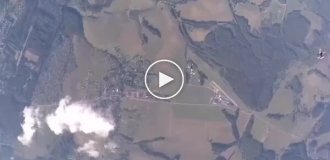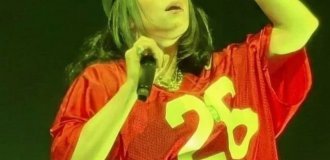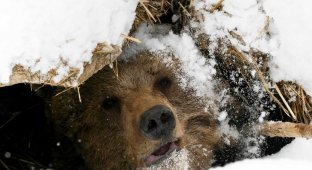The withered state of a zombie, the first toilet and vitamin deficiency. What does a bear do immediately after hibernation? (7 photos)
The unbearable heaviness of existence is especially strongly felt when the alarm clock starts ringing at the head of the bed. But it’s one thing to wake up in the morning, and quite another to return to reality after hibernation. No five minutes will help here! 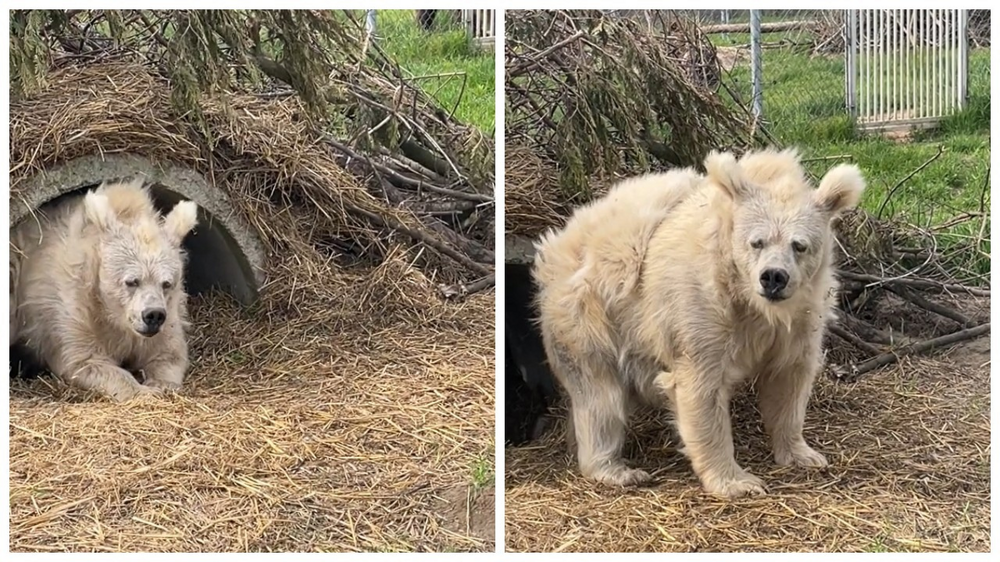
When bears hibernate, their metabolism slows down: their heart beats only 9-14 times per minute, their breathing becomes slow, and their carcass temperature drops several degrees. It takes at least a month to get everything back to normal! 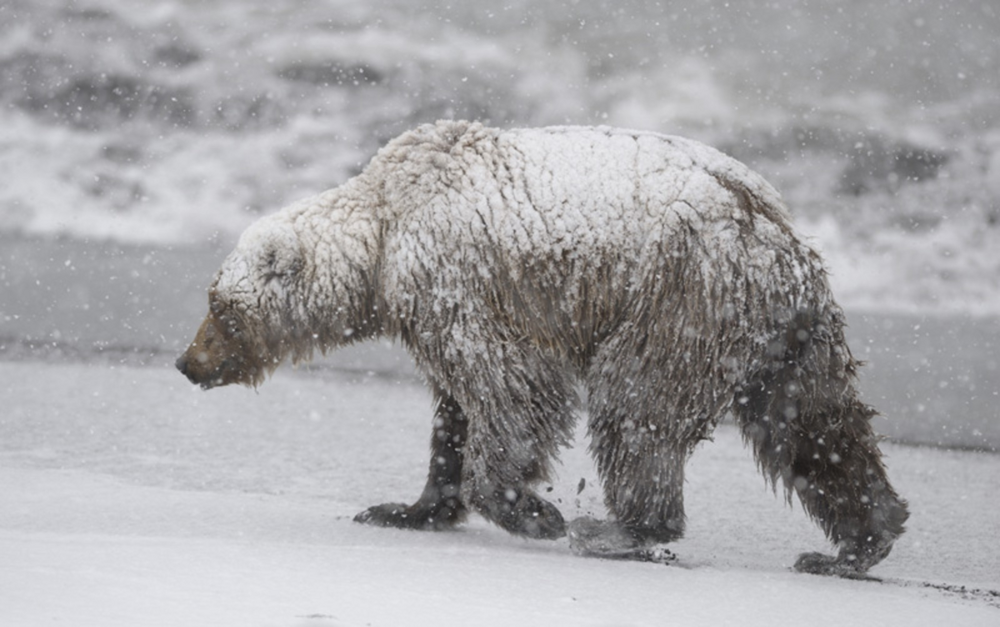
Mood: awakened bear in February.
The heart rate begins to increase as much as a month before awakening. But even after that, the bear crawling out into the world reminds us all after a YouTube video marathon at 3 a.m. 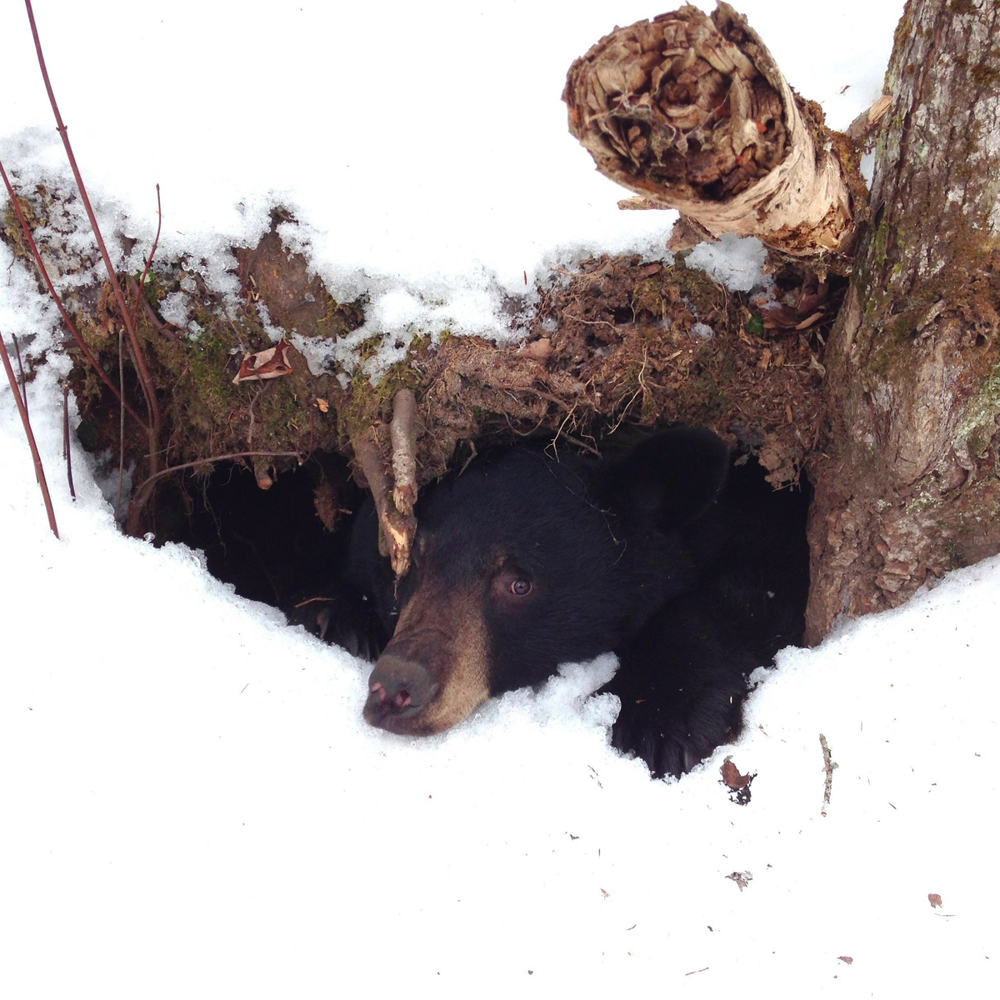
Well, please, can I take a nap for five more days?
The sleepy and inactive state of the bear during its first outings is called walking hibernation. Metabolism is just beginning to return to normal; the sleepy Potapych is having difficulty realizing what year it is and that spring has already arrived. 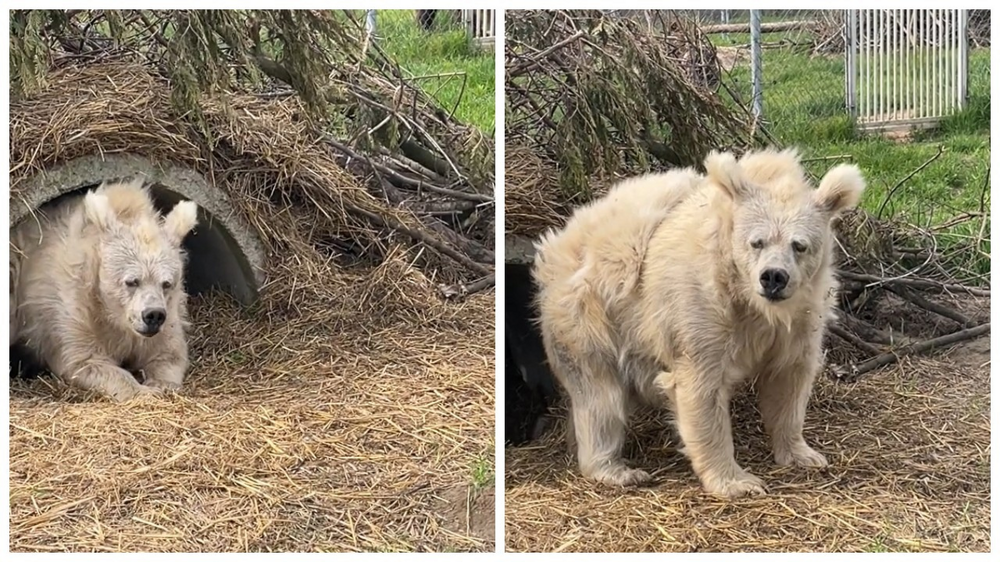
- Do you at least get enough sleep? -Where do I sleep?
A few days after exiting, the first thing the bear does is remove the fecal plug from the anus. Hussars, be silent! The beast does not practice any exotic perversions! This is a necessary thing for hibernation. To avoid dirtying their winter bed, bears clog their intestines from the back. Before going to bed for many months, the bear eats grass, earth, clay, deliberately clogging the gastrointestinal tract. This forms a fecal plug, blocking the flow of waste products. 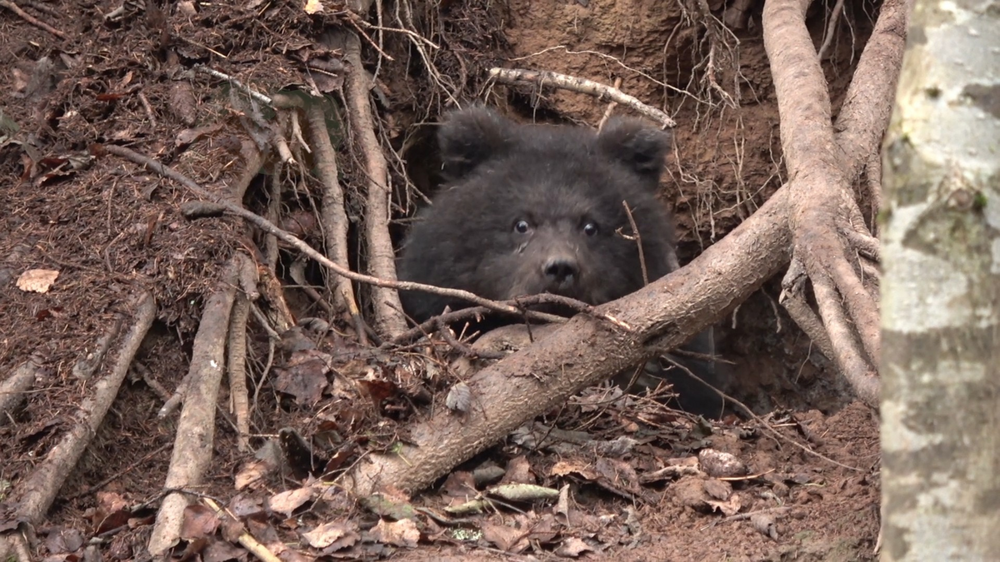
Lord, mom, what's wrong with you? My second brother?!
But even after uncorking the fifth point, it’s hard for a clubfoot to swing. For the first three weeks he eats practically nothing. It doesn’t look important at this moment: the bruised sides have become much thinner due to the fat burned in the winter - during the winter the bear loses 30-40% of its mass. But the muscles and bones of the animal do not suffer in any way from months of inactivity. This is because the genes responsible for the degradation of bones and muscles are also switched off in winter! 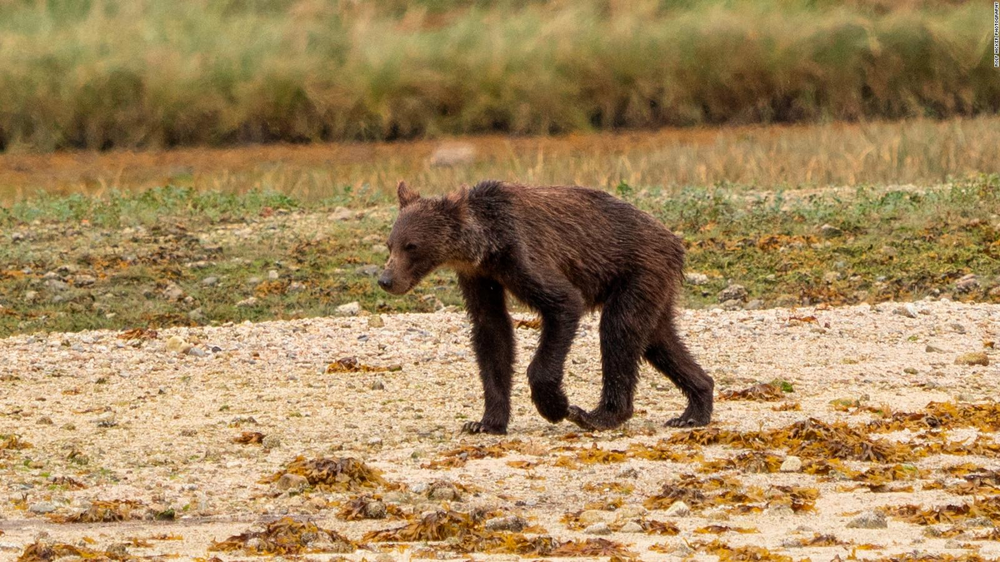
- Wow, how did you manage to lose so much weight? “I just didn’t eat or drink for six months!”
The brain, by the way, also remains in perfect order from hibernation. This is all thanks to special tau proteins that accumulate in the bear’s mind during sleep. In humans, these proteins cause Alzheimer's and Parkinson's diseases. But in Potapych they preserve nervous tissue, allowing the animal to wake up in a sound mind and sober memory. 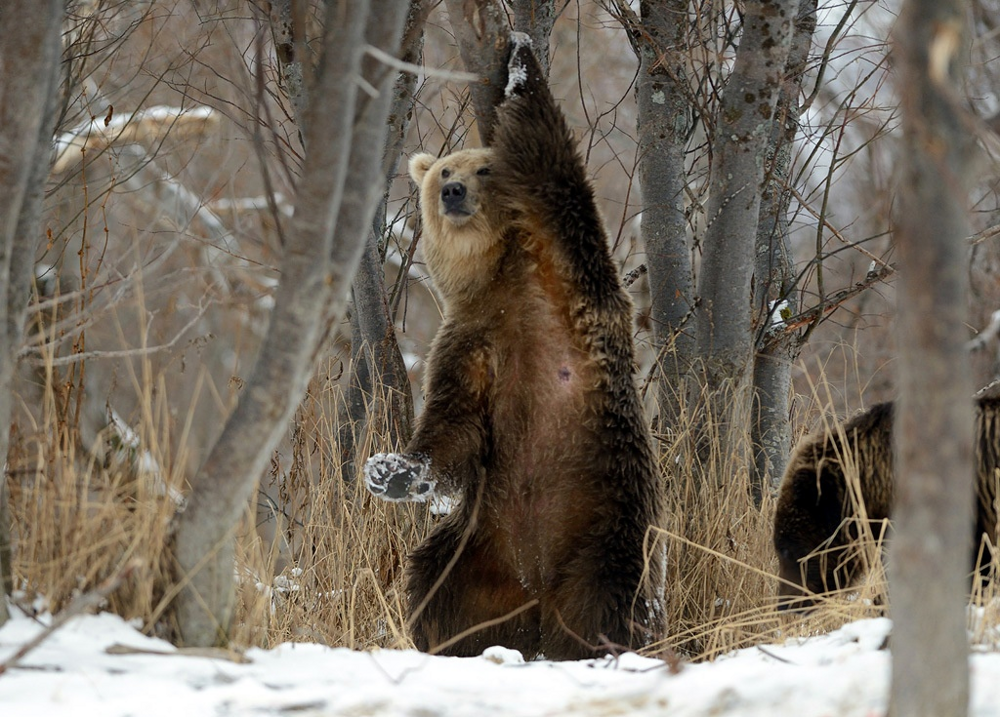
We woke up, stretched, crunched.
When the gastrointestinal tract is completely ready for work, the bears begin to actively fatten up. However, in early spring food supply is a bit tight, so forest owners are content with fresh grass, roots and inflorescences. There is a minimum of protein and carbohydrates in such a diet, but winter vitamin deficiency quickly goes away. A month or two on such a diet, and the clubfoot will finally return to normal eating. And now preparations for a new winter are just around the corner!







